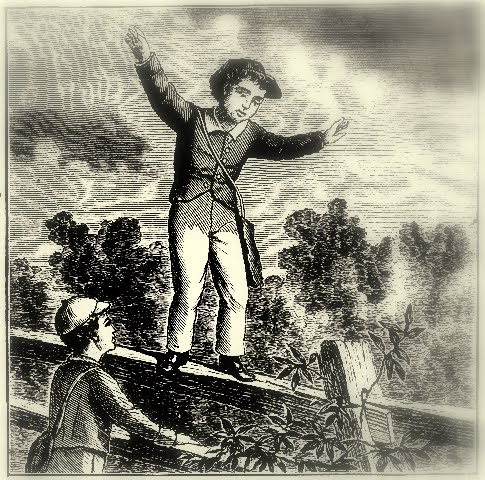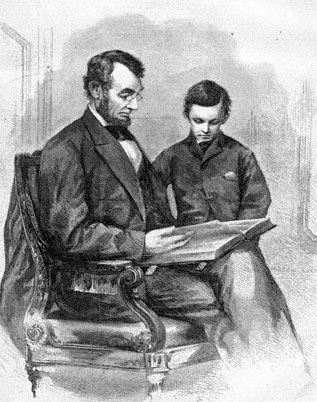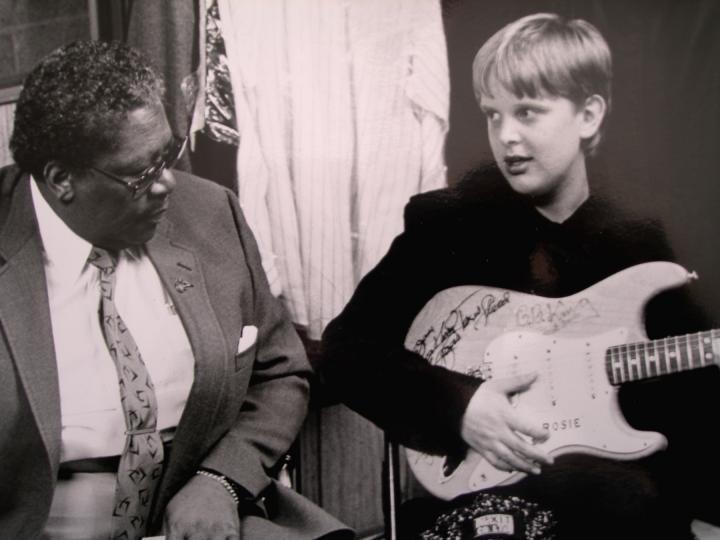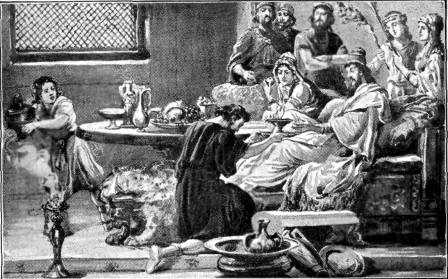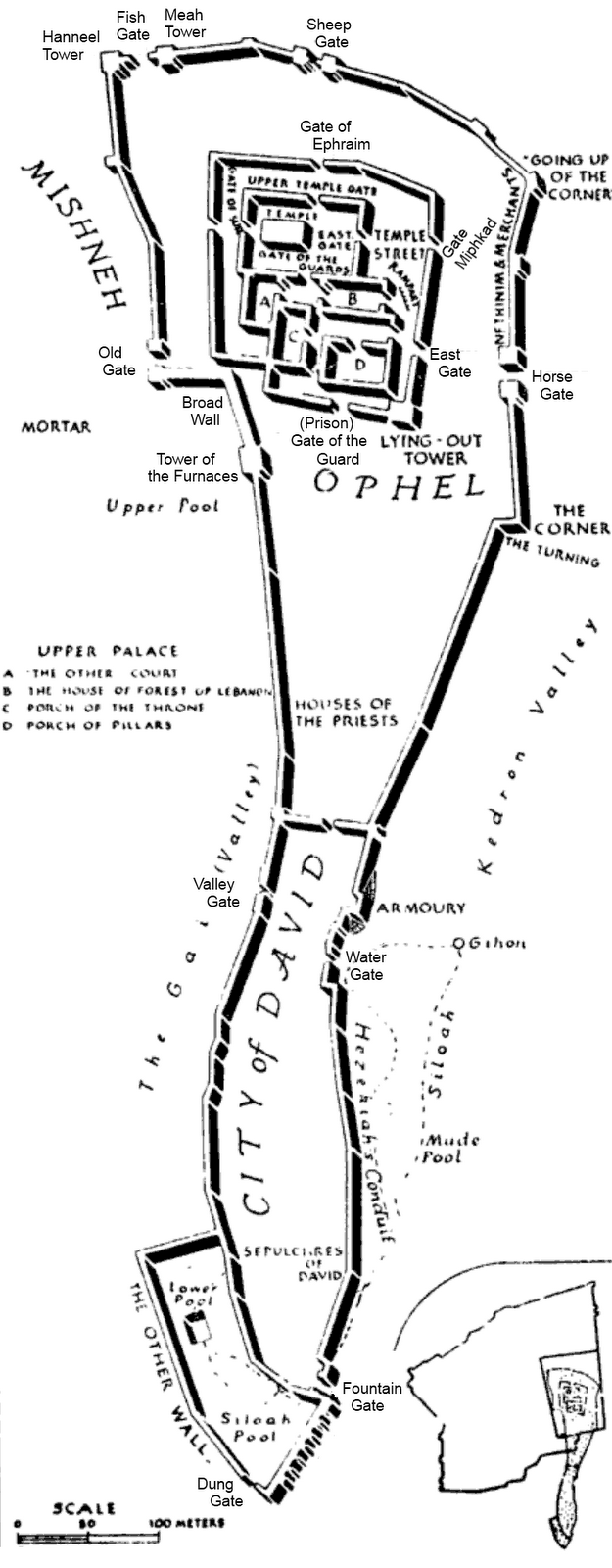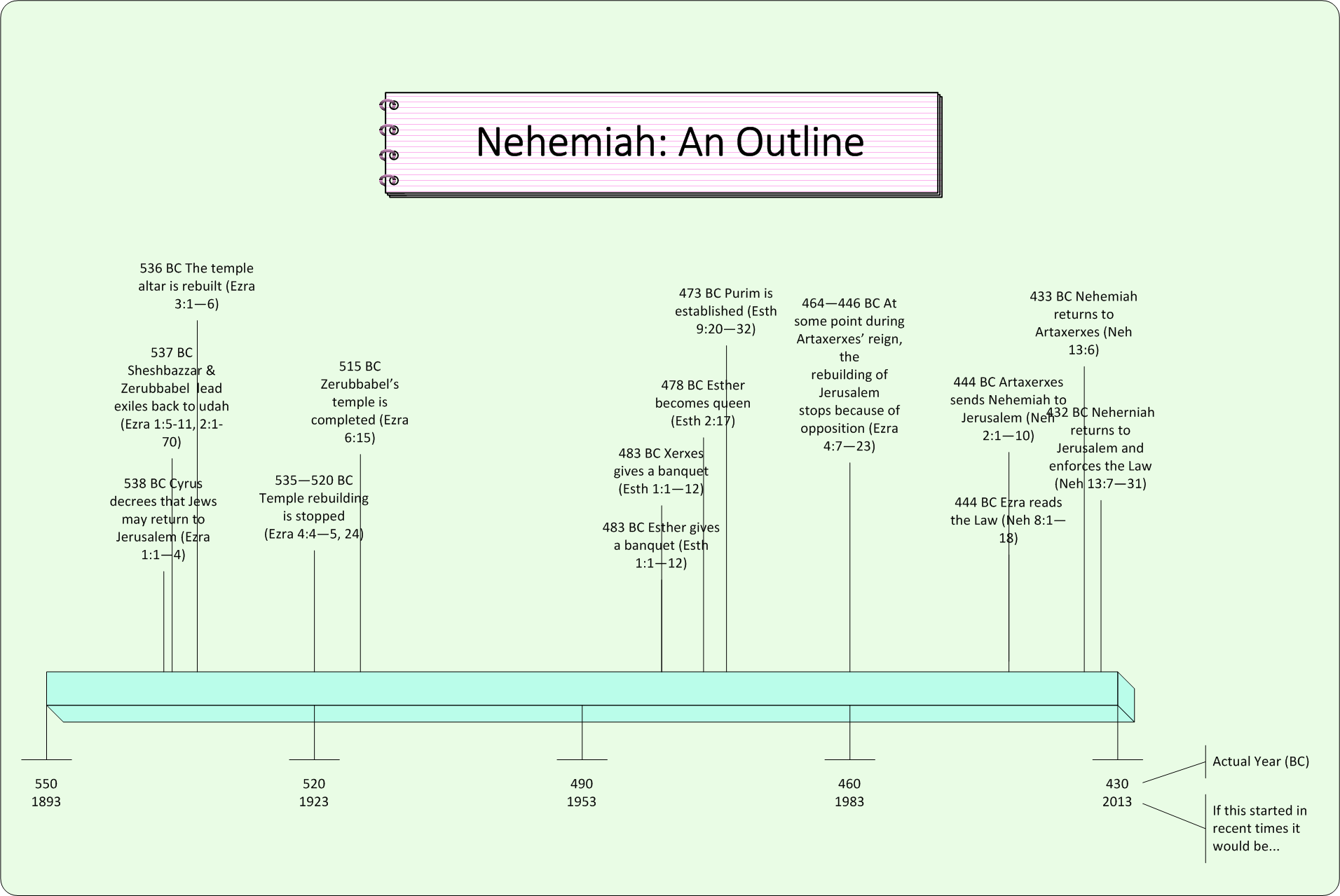
*Sigh* #struglife. All I want is a simple REFILL!!!!!!! Can you hear me scream? What do I haft do to get a refill of a scrip I’ve been taking for 20 years?
The website sent me circles. I realize, even though I make a living sitting on technology’s saddle, I tend to overcomplicate things. But really, a scrip refill. Worth 1o bucks for 90 days.
I send emails, call the doctor’s office, call the the “new and improved” pharma site my company uses. I just about ran out last time. So I started a month and a half this time, but a week later, no the doctor’s admin hadn’t heard anything, and the pharma site, Caremark, still had the “we have received your request” notice.
Yes, it’s a tempest in a teapot, it’s a first world problem, but no it’s not not, it’s heart meds. So if I want them, I better go do something about it. You don’t get what you want, you get what you inspect (follow up on).
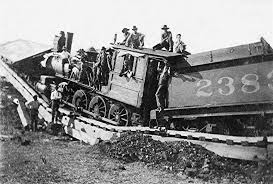
As human nature has not changed in the 2,500 years since Nehemiah pulled his (and other people’s!) hair out about things that he thought were obvious, so must we. He returned from his year-long hiatus from Jerusalem to find the people had shrugged off their responsibilities to the Temple service, Sabbath rest, and mixed marriage.
Sometimes we need to enforce accountability, especially on ourselves.
Summary / Thoughts
| Nehemiah 13:1-3 | These verses probably belong in the previous chapter, but the verses and chapters are not Biblical, they were added later in the 13th and sixteenth century. (See the article by Don Stewart in the Blue Letter Bible for more.)They were reading Deut 23:3-5. (Read) There is a true paradox here, because the line of David includes a Moabite. Yes, Ruth. Her new husband, Boaz, was 11th from Abraham. Well before the curse made above. From Mat 1:1-6: Abraham Isaac Jacob Judah Perez and Zerah by Tamar Hezron Ram Amminadab Nahshon Salmon Boaz was the father of Obed by Ruth Jesse David the king Jews were not to marry non-Israelites, including the priests. Exo 34:16 echoed at Deut 7:3, 4:1. Having the the Moabites and Ammonites expelled would, of course, make it difficult to find a one to wed…More to the point, the people were reading and heeding. This is a perfect example for us. And it was a controversial thing to do, yet they obeyed God at the peril of being PC and bowing to please people. |
| Nehemiah 13:4-9 | Nehemiah returned to Artaxerxes after 12 years of service. Some believe his absence from Jerusalem was around a year.Rather than nicely inviting Tobiah to make other arrangements, Nehemiah busted his sorry hide, and the horse he rode in on out of the Temple.
The (excuse me, A) spiritual parallel here is that Nehemiah treated Tobiah the same way we should treat sin. When there is sin in our Temple (1 Cor 6:19 ) toss it OUT! Questions!? |
| Nehemiah 13:10-14 | It appears the people left in charge did not continue in their commitments with predictable results. You & I need this kind of accountability, men with men, women with women. Spending time and asking each other uncomfortable questions and being honest with each other.So reading this you might think that pledge drives are a great idea. On the other hand, many many pastors don’t speak at al about giving because they feel it will offend the “seekers.”
But OT giving is more structured than NT. One of the reasons is that we have the Holy Spirit living in us and giving is more a matter of the heart 2 Cor 9:6-8. Yet, we still need the gentle reminding and encouragement as Paul did the Corinthians. |
| Nehemiah 13:15-22 | Where do you think the Jews picked up these habits? Failure to read & heed (above), acting like the locals, mostly, drifting away in relationship with God.
It takes a God-appointed leader to remind people of their responsibilities. Previously, the prophets had done this, sometimes the people would repent and turn back to God, but more often getting upset at the messenger often with dire consequences. Jeremiah 18:18 is an example of this and Moses Exo 17:4
This passage is a clear example of you get what you inspect. |
| Nehemiah 13:23-31 | We are commanded not to be unequally yoked in marriage. 2 Cor 6:14.And Nehemiah was especially strident with this infraction, perhaps to make a point.
And it is important. Try standing on a chair and pulling someone up to you. Now find out how easy it is to be pulled off the chair. |
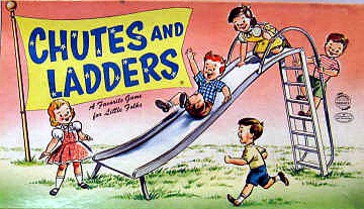
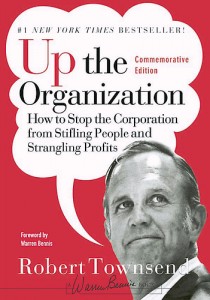

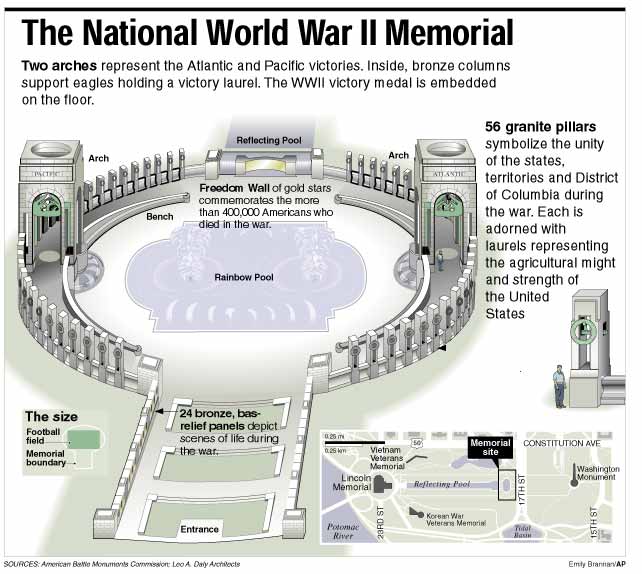
 “I can’t hear I can’t hear you, Killing the prophets ended that very uncomfortable never popular message of repentance.
“I can’t hear I can’t hear you, Killing the prophets ended that very uncomfortable never popular message of repentance.
